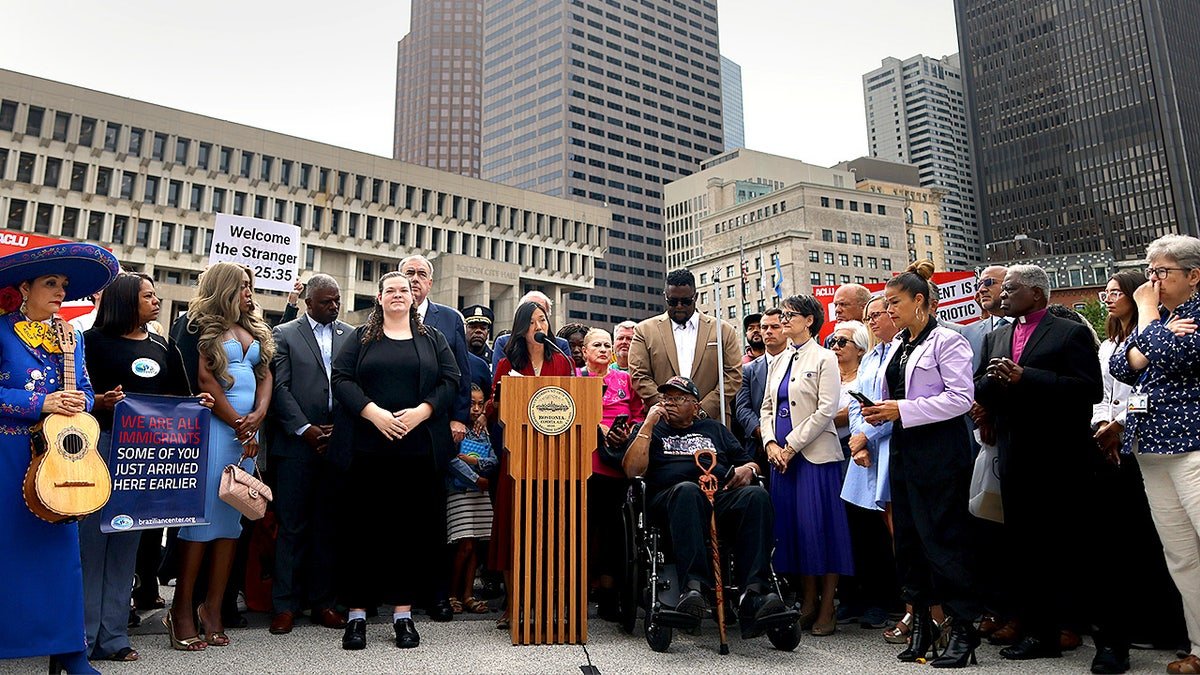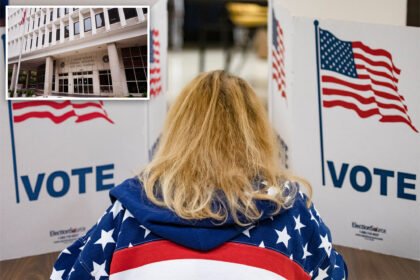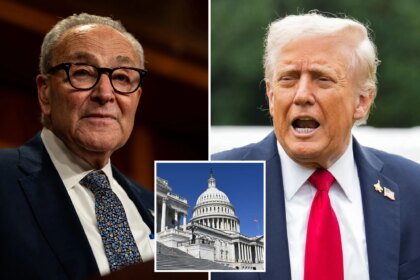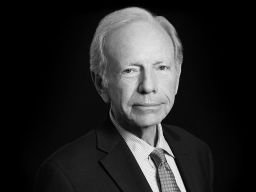Boston’s Mayoral Election: A Crucial Vote Amid Immigration Tensions
As voters in Boston head to the polls for a pivotal mayoral election, the backdrop of heightened immigration enforcement by the federal government looms large. This election, taking place on a Tuesday, is particularly significant as it unfolds against the backdrop of a new initiative by Immigration and Customs Enforcement (ICE) aimed at targeting serious criminal offenders within Massachusetts.
The Context of the Election
Democratic Mayor Michelle Wu, who is seeking re-election for a second four-year term, has positioned herself as a staunch opponent of federal immigration policies. Her administration has been vocal in its resistance to ICE’s recent actions, which have sparked considerable debate about the role of local governments in immigration enforcement. Wu’s stance is rooted in the Boston Trust Act, a local law that limits cooperation between city officials and federal immigration authorities, particularly in cases involving individuals without criminal warrants.
The timing of this election is critical. Just days before the voting, the Department of Homeland Security announced the launch of “Patriot 2.0,” a program designed to target what it describes as the “worst of the worst” criminal illegal aliens in Massachusetts. This initiative follows the earlier Operation Patriot, which had already stirred controversy and raised concerns about the implications for community safety and trust in local law enforcement.
Wu’s Response to Federal Pressure
In the face of federal pressure, Wu has been vocal in defending her administration’s policies. She recently stated, “They are wrong on the law, and they are wrong on safety,” emphasizing that Boston will continue to uphold its local laws that protect residents from mass deportation efforts. Wu’s administration has faced criticism from federal officials, including U.S. Attorney General Pam Bondi, who has accused sanctuary cities like Boston of harboring criminals and undermining public safety.
Wu’s administration argues that the actions of ICE have not only been aggressive but also counterproductive. Reports have surfaced of ICE agents apprehending parents as they drop their children off at school, a tactic Wu claims does not enhance community safety. “For months, ICE has refused to provide any information about their activities in Boston and refuses to issue warrants,” she added, highlighting the lack of transparency in federal operations.
The Political Landscape
The political landscape in Boston is heavily influenced by its progressive leanings, making Wu a strong candidate for re-election. Polls indicate that she is favored to advance to the general election, where she will likely face off against one of her challengers, philanthropist Josh Kraft, the son of New England Patriots owner Robert Kraft. Kraft’s entry into the race adds a layer of complexity, as he brings significant financial backing and a different perspective on local governance.
Wu’s challengers have criticized her handling of immigration issues, arguing that her policies may compromise public safety. However, her supporters maintain that her approach fosters a more inclusive community, allowing immigrants to feel safe and secure in their neighborhoods.
Historical Context of Immigration in Boston
Boston has a long history of immigration, dating back to its founding in the 17th century. The city has been a melting pot of cultures, with waves of immigrants contributing to its rich tapestry. From the Irish and Italians in the 19th century to more recent arrivals from Latin America and Asia, Boston’s identity has been shaped by its diverse population.
The current immigration debate is not new; it echoes historical tensions surrounding immigration policy in the United States. The establishment of sanctuary cities, which provide refuge for undocumented immigrants, has been a contentious issue for decades. Advocates argue that these policies are essential for protecting vulnerable populations, while opponents claim they undermine the rule of law.
The Broader Implications
The outcome of this mayoral election could have far-reaching implications for Boston and its approach to immigration policy. If Wu is re-elected, it may signal a continued commitment to sanctuary policies and a rejection of federal immigration enforcement tactics. Conversely, a shift in leadership could lead to a reevaluation of Boston’s stance on immigration, potentially aligning more closely with federal priorities.
The election also reflects broader national trends regarding immigration and local governance. As cities across the United States grapple with similar issues, Boston’s decision could serve as a bellwether for other urban areas navigating the complexities of immigration policy.
Conclusion
As Boston voters make their choices in this critical mayoral election, the stakes are high. The interplay between local governance and federal immigration enforcement is at the forefront of the political discourse, with Mayor Michelle Wu’s re-election bid serving as a referendum on the city’s approach to immigration. With the backdrop of ICE’s intensified efforts, the outcome will not only shape Boston’s future but may also influence the national conversation on immigration policy in the years to come.










